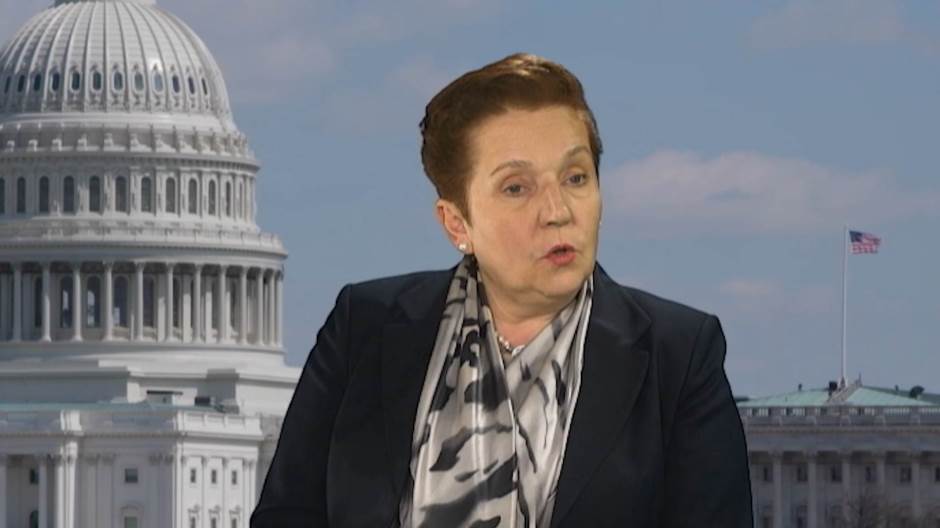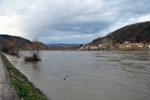
Despite resistance from Bosnian Serb politicians, Bosnia’s Defense Minister said on Saturday that she believes the country will eventually join NATO as membership provides additional security and stability.
“I believe that Bosnia and Herzegovina and all of its citizens and political leaders will reach a consensus so that Bosnia fulfils the legally defined condition and becomes a member of NATO, which will also contribute to the security and stability of our homeland, Bosnia and Herzegovina, but also to all of its peoples and citizens,” Minister MarinaPendes said.
She said that so far NATO member states have supported the capacities of the Bosnian Defense Ministry since its conception with bilateral agreements.
“Of course, in all of this, the United States of America is leading,” she said, but added that other members of the alliance have also helped financial and material support, but also with education for members of the Armed Forces.
Years ago Bosnia has expressed the desire to join the Alliance and has been working on fulfilling the conditions for membership. But Bosnian Serb leaders have meanwhile changed their mind and now say they will not let the country join as long as neighbouring Serbia does not join. Serbia declared military neutrality.
The issue has become an obstacle to the formation of the new government after the election last October. The new Bosniak and Croat members of the tripartite Presidency said that they will greenlight only a new prime minister who is ready to work on membership.
Since it is the Serb’s turn to take the post, the proposed candidate has already said he won’t support the country’s NATO path.
NATO is these days marking the 70th anniversary of its establishment. The North Atlantic Treaty was signed in 1949 by 12 countries of what was at the time called the Western Bloc.
Seven decades later, the alliance has 29 members, and preparations for accepting North Macedonia are ongoing in the NATO headquarters in Brussels.
The goal of NATO is to maintain the security and sovereignty of its member countries through military and political means. The key NATO provision refers to collective security.
It is article five, which states:
“The Parties agree that an armed attack against one or more of them in Europe or North America shall be considered an attack against them all and consequently they agree that, if such an armed attack occurs, each of them, in exercise of the right of individual or collective self-defence recognised by Article 51 of the Charter of the United Nations, will assist the Party or Parties so attacked by taking forthwith, individually and in concert with the other Parties, such action as it deems necessary, including the use of armed force, to restore and maintain the security of the North Atlantic area.”
As it is facing new challenges, the alliance has to adapt constantly.
NATO thus adopted a series of decisions on modernisation and adaptation at its summit in Brussels last year, which foresee a higher level of readiness to act swiftly and efficiently to any threats to security.
Kakvo je tvoje mišljenje o ovome?
Učestvuj u diskusiji ili pročitaj komentare





 Srbija
Srbija
 Hrvatska
Hrvatska
 Slovenija
Slovenija



























































